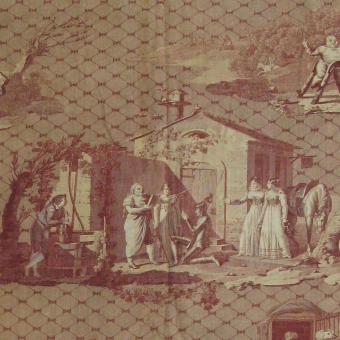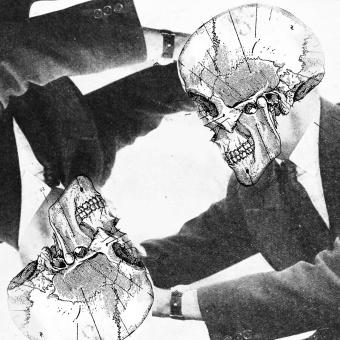
Roland Greene delivers the keynote lecture on "The Renaissance World of Cervantes and Shakespeare" at the Humanities West presentation on Shakespeare and Cervantes (February 26, 2016).

Roland Greene delivers the keynote lecture on "The Renaissance World of Cervantes and Shakespeare" at the Humanities West presentation on Shakespeare and Cervantes (February 26, 2016).






